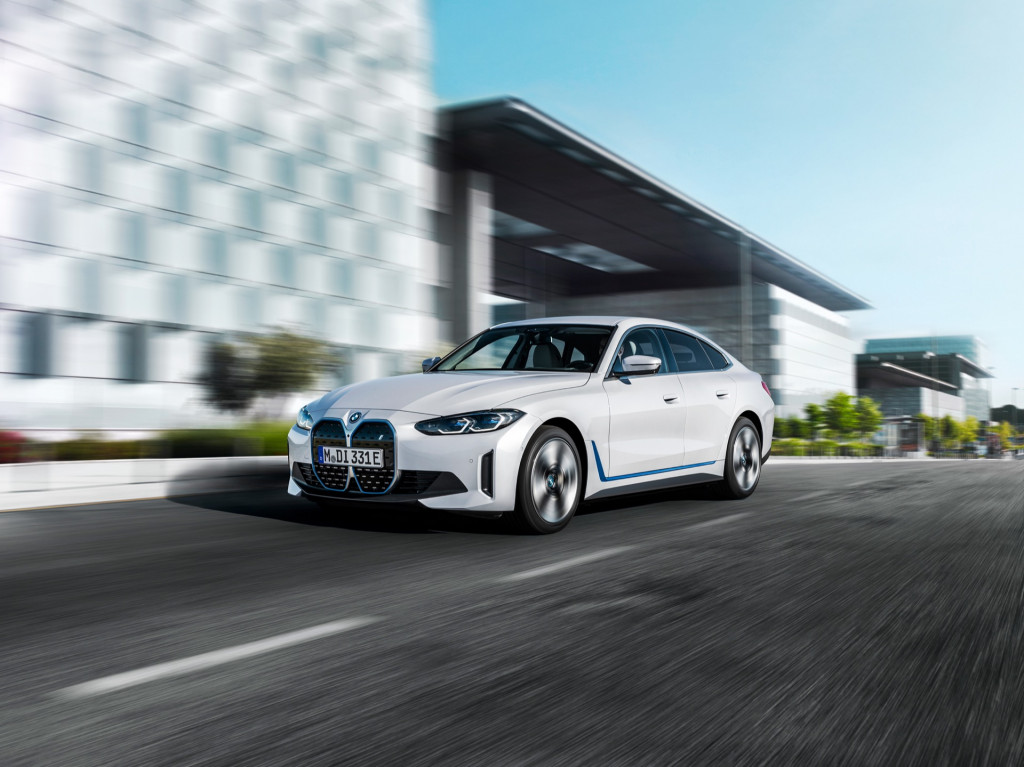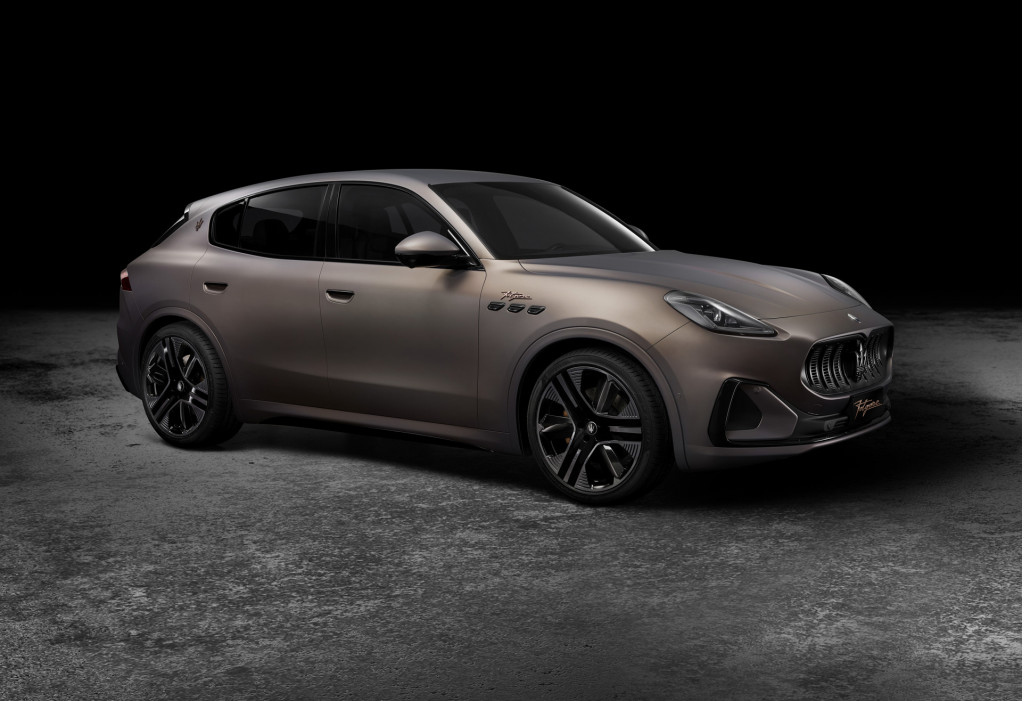The European Union claims a proposed revamp to the United States EV tax credit aimed at prioritizing American-made content could discriminate against European manufacturers and break World Trade Organization (WTO) rules, the Associated Press reported Thursday.
Part of the Inflation Reduction Act that was passed by the Senate last week and is expected to breeze through the House of Representatives, revised rules would require EVs to have battery packs with raw materials extracted or processed in a country with which the U.S. has a free-trade agreement, and with most components sourced from North America, to qualify for the maximum $7,500 tax credit.

2023 BMW i4 eDrive35
"The European Union is deeply concerned by this new, potential, trans-Atlantic trade barrier," European Commission spokesperson Miriam Garcia Ferrer told the Associated Press. "We think that it's discriminatory, that it's discriminating against foreign producers in relation to U.S. producers."
EU officials believe tax credits are a strong incentive for EV purchasers, and that the requirements for sourcing battery raw materials and components favors certain mineral-rich countries, putting EU companies at a disadvantage, according to the report.

Maserati Grecale Folgore
These requirements are just one aspect of the revamped EV tax credit. It also includes price and income caps, eliminates the 200,000-unit limit several automakers have already exceeded, and phases in a point-of-sale credit a year later. The latter is something consumers have been asking for, according to a recent study.
Democrats in Congress had been seeking a union-made bonus, too, but mostly due to resistance from Senator Joe Manchin—one of their own—that's now gone. President Biden had originally suggested that retiring existing gas-guzzlers could be part of the effort of reducing emissions as well—and it likely would have avoided scrutiny over trade rules.












